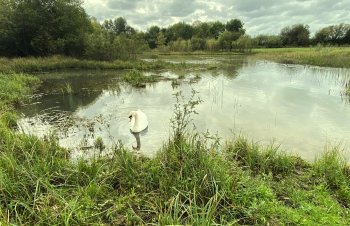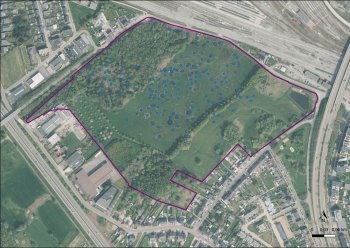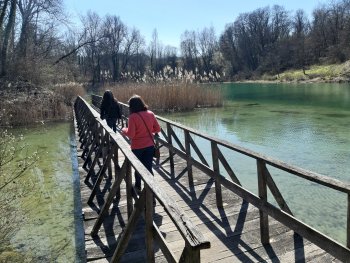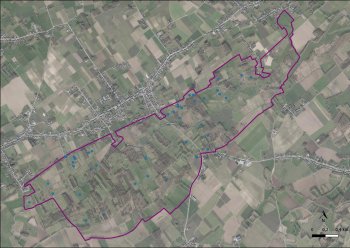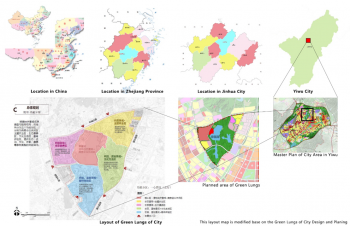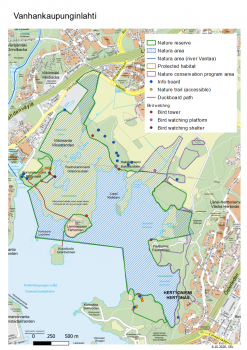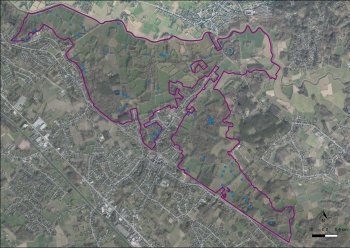Territorial Ordering Plan (POT) of Bogotá 2022-2035 "El reverdecer de Bogotá"
On September 2021, the mayor and the District Planning Secretary presented the proposal for the Territorial Ordering Plan (POT ) 2022-2035. This POT responds and involves the Sustainable Development Goals in land use planning. Based on these areas, the plan incorporates on four pillars, including sustainable mobility, greening, a care system for women and sustainable economic economy.

